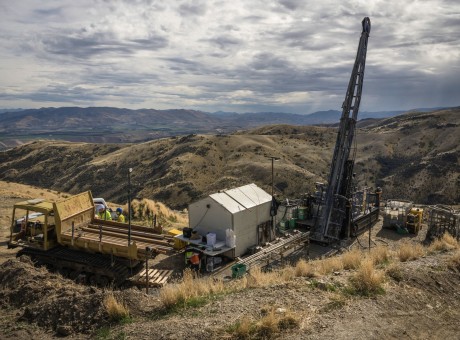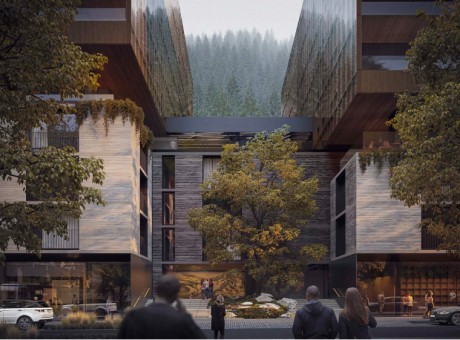Government: resource consent dropped to produce up to 100,000 extra homes

From: Hon Dr Megan Woods Minister of Housing and Hon David Parker Minister for the Environment
Main points:
- New building intensification rules will mean up to three homes of up to three storeys can be built on most sites without the need for a resource consent
- New rules will result in at least 48,200 and as many as 105,500 new homes built in next 5-8 years
- Bringing forward by at least one year the implementation of the National Policy Statement on Urban Development (NPS-UD) that cuts red tape that blocks housing development
- Labour and National work together to provide policy certainty to developers and first home buyers
First home buyers are set to benefit from changes to planning rules being advanced by the Government and the National Party that will enable more medium density housing and cut red tape that acts as a barrier to development, Housing Minister Dr Megan Woods and Environment Minister David Parker announced today.
Under the changes people will be able to build up to three homes of up to three storeys on most sites without the need for a resource consent. Currently district plans typically only allow for one home of up to two storeys.
“The housing crisis is a problem decades in the making that will take time to turn around. There is no silver bullet, but combined with other measures taken by this Government these changes will start to make a difference,” Megan Woods said.
“New Zealand’s housing shortage is being made worse in our biggest cities by limits on the number and types of houses that can be built. These changes will enable more homes that are attractive to first home buyers to be built in areas closer to their work, public transport and community facilities.
“PwC undertook a cost-benefit analysis (CBA) on the National Policy Statement on Urban Development (NPS-UD) and found that 72,000 additional dwellings could be expected by 2043 as a result of implementing the intensification policies in tier 1 urban areas. PwC now consider this likely to be a conservative estimate.
“Further modelling by PwC found the proposed medium density rules we are announcing today are expected to add 48,200-105,500 dwellings on top of these figures, over the next five to eight years.” Megan Woods said
“The medium density residential standards (MDRS) will enable landowners to build up to three homes of up to three storeys on most sites up to 50% maximum coverage of the site without the need for a resource consent. Before this change, district plans would typically only allow for one home of up to two storeys,” Environment Minister David Parker said.
“There will be exemptions in the medium density rules in areas where intensification is inappropriate, such as where there is a high risk of natural hazards, or a site has heritage value.
“So more homes can be built quicker, in most cases the MDRS will have immediate legal effect as soon as plans are publicly notified by councils by August 2022,” David Parker said.
Changes will be also be made to the NPS-UD to clarify some of the intensification requirements and reduce red tape.
“We’re speeding up the implementation of the NPS-UD, so councils in greater Auckland, Hamilton, Tauranga, Wellington and Christchurch have their intensification policies and rules in place by August 2023, at least a year earlier than under current timelines,” David Parker said.
“Since late last year we have been looking at how the NPS-UD could be sped up and strengthened.
“A Resource Management Act 1991 (RMA) Amendment Bill will be introduced shortly. Making these amendments, while we are undertaking reform of the resource management system, speaks to the urgency of fixing the housing crisis we inherited,” David Parker said.
“Working with National, on these changes delivers stable, enduring policy on urban density. This gives homeowners, councils, developers and investors certainty about enduring planning rules, Megan Woods said.
These changes will complement other initiatives we have underway to address the housing crisis including:
- $3.8 billion Housing Acceleration Fund
- $460 million for housing and urban development shovel-ready projects
- $380 million for Māori housing
- tax changes and the urban development and infrastructure funding and financing legislation passed last year

























